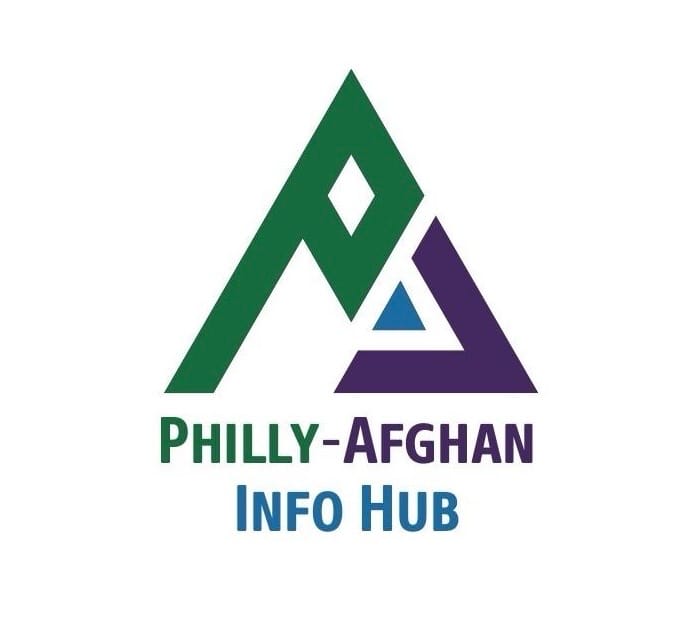The Challenges of Finding a First Job in America: “Despite a Strong Background, I Had to Start From Scratch”
For many Afghan professionals who resettled in the United States, the hardest challenge hasn’t been escaping war—it’s been starting over. Degrees, careers, and years of experience often carry little weight in the American job market, leaving newcomers to rebuild their lives from scratch.

Author: Alisher Shahir
Mohammad Hashim Haidari and his family moved to the United States three years ago after going through the complex evacuation process from Afghanistan, traveling via Qatar to PA. Back home, he was an English teacher, later a private-sector employee, and eventually a data and media analyst on a project affiliated with the U.S. Department of Defense.
Armed with a degree in business and management and years of professional experience, Hashim arrived in what he saw as “the land of opportunity,” hoping for a brighter future. But the reality of life in America was different. After six months of unsuccessful efforts to find a job in his field, he grew frustrated and took a job unrelated to his education and professional background.
In Afghanistan, Hashim was part of a skilled workforce: educated, fluent in English, and employed in positions with good benefits—experience he believed would help him find similar work in the U.S.
According to Haidari, his main barrier in finding a job wasn’t a lack of skills or experience, but where that experience came from.
“Most employers would invite me for interviews based on my resume,” Hashim said, “but once they realized I had done that work in Afghanistan, they would change their mind and say, ‘We’ll call you.’”

Sardar Mohammad (a pseudonym) is another Afghan asylum seeker who arrived in the U.S. a year ago with his family on a Special Immigrant Visa (SIV). Despite collaborating with the U.S. military during its mission in Afghanistan, he has not yet found a job that can fully cover his family’s living expenses in America.
In Afghanistan, Sardar held senior roles in both government and private sectors. He served as a deputy provincial governor and managed a development project for a French organization.
After spending two years in Pakistan waiting for his immigration paperwork and visa, he sold much of his property in Afghanistan to cover the costs. When he finally arrived in the U.S., he had just $140.
“I expected that as soon as I arrived in America, at most it might take a week before I’d be able to start working,” he said.
From Sardar’s perspective, major challenges for newly arrived Afghan refugees include differences in hiring systems, employers’ lack of trust in Afghan work experience, language barriers, and issues with transportation.
Regarding transportation, Sardar explained:
“The geographical structure of America is very different from the countries we lived in before. Houses are built far from companies and workplaces, so a newcomer can’t just rely on public transit, walking, or biking to get to work. Buying a car in the first few months is extremely hard.”
One resettlement organization that covered his rent for more than three months warned him that this assistance would stop.
“For several months I searched frantically for work every day from morning until night,” he said. “Sometimes I walk everywhere. I went to markets, supermarkets, stores, restaurants—anywhere I could to ask for work. I even asked people at laundromats, at playgrounds, or my neighbors if they knew of any jobs.”
With a friend’s help, after three months he finally found work at a manufacturing plant. He admitted: “I don’t have any passion or energy for this work, but I have to do it to cover living expenses.”
Organizations working on Afghan refugee resettlement in the U.S. say that lack of familiarity with the American job market and hiring practices, language challenges, and the competitive labor market are major obstacles to finding a first job here.
Laura Marshall, a member of a nonprofit working on refugee resettlement in Pennsylvania, says that landing a first job is always challenging for new immigrants and refugees.
“Those for whom English is a second language—and especially newcomers who are just learning—often struggle to fill out applications and present themselves well in interviews,” she said.
Marshall emphasized:
“They may find themselves at a disadvantage competing for customer-facing jobs like retail or hospitality that require a lot of direct contact. And when the professional or academic credentials they earned over years and at great cost in their home countries aren’t recognized here, it’s very discouraging.”
Another challenge, she said, is that newcomers don’t have local employment histories, former U.S. employers, or colleagues who can serve as references—something often required.
Meanwhile, these obstacles have been made worse by recent changes in U.S. immigration and economic policies. Uncertainty around trade tariffs has led many companies to delay or cancel expansion plans and reduce or freeze hiring.
Laura added:
“Current government policies and the emphasis on deporting immigrants—even those here legally—have had a chilling effect. I suspect some employers may hesitate to hire immigrants out of fear of being targeted by ICE or losing employees to deportation.”
Employment Resources
Despite these challenges there are some resources for anyone looking for support with resume building, career coaching, job seeking, digital literacy and professional development:
- The Welcoming Center
The Center offers several programs for job seekers and immigrants interested in starting their own business. This includes an 8-week International Professionals Program focused on job search and networking skills, an Entrepreneurship Program focused on business planning, and an English & Digital Skills Training program.
Address: 211 N 13th St 4th floor, Philadelphia, PA, 19107
- Upwardly Global’s Career Coaching Program
This free 18-month program is designed for immigrants and refugees who have arrived within the past 7 years and have a bachelor’s degree or professional training equivalent and are seeking to return to the fields they worked in in their home countries. Participants must have intermediate or advanced English and work authorization (see website for more details).
• Join networking events with top employers from around the U.S.
• Access free training, courses, and certifications to make you a competitive candidate.
• Build a U.S.-style resume and prepare for U.S.-style interviews.
• Plan your career pathway.
• Learn how to find the right career opportunities to pursue.
Opportunities offered include:
Link to request: https://www.upwardlyglobal.org/apply-now/
- Free Library of Philadelphia
The Free Library of Philadelphia has 55 branches across the city. They offer a range of job seeking services and counseling, as well as classes.
- PA career link
As a job seeker, using the PA career link portal, you can search for jobs and access courses such as career planning, digital literacy, job search skills, and professional development.
- Job search websites and applications
Many employers and companies put hiring opportunities and vacant positions in the following websites. These can also be downloaded as applications if you have a smartphone:
- Indeed: https://www.indeed.com
- Zip recruiter: https://www.ziprecruiter.com/
- Glassdoor: www.glassdoor.com/
- Monster: https://www.monster.com/jobs/l-philadelphia-pa
